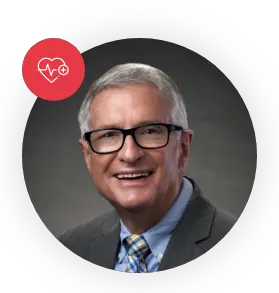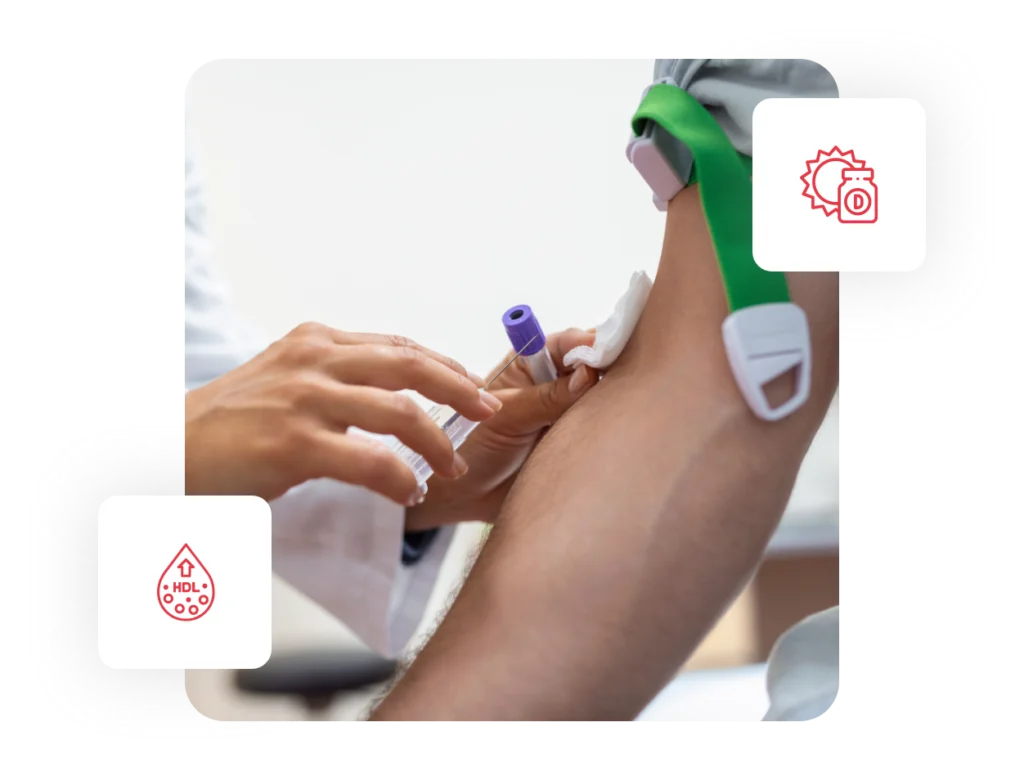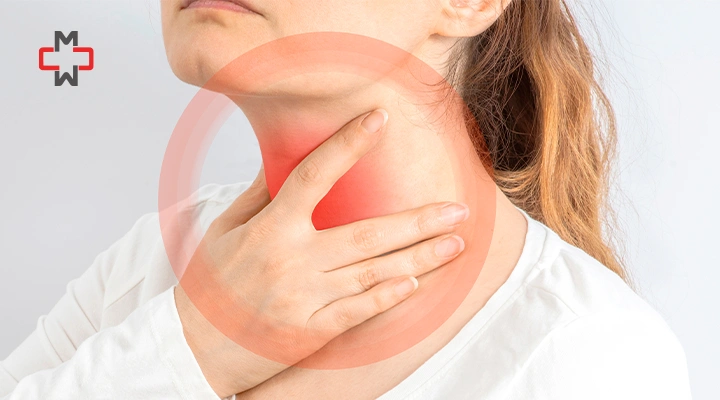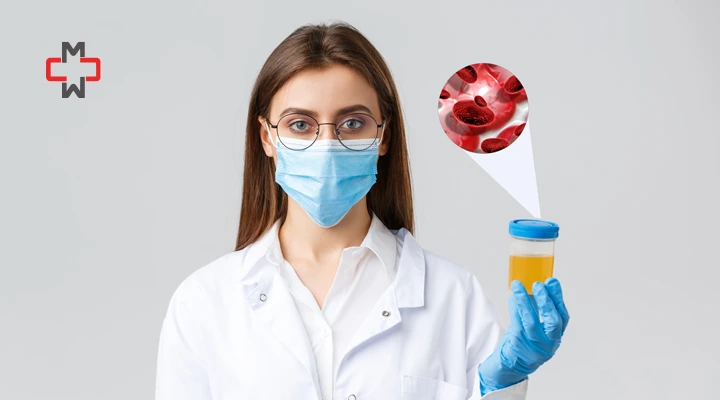New York’s Most Reliable
Heart Health Screening
With today’s lifestyles becoming less physically active and more stress inducing by the day, paying attention to your heart’s health is immensely important. Manhattan Medical Arts is the perfect heart health partner. Our comprehensive heart screening program allows you and your cardiologist to proactively assess your heart health well before any cardiac disease wreaks havoc on your life.
Heart Health Self-Check
Your heart beats about 100,000 times per day. Take a few moments to learn what those beats
may be trying to tell you.
Which of these do you experience? (Check all that apply)
Heart Conditions
We Treat
Manhattan Medical Arts is committed to providing comprehensive care for a range of heart conditions. Our goal is to provide individualized care and support for our patients to help them achieve optimal heart health and wellness.










Frequently Asked Questions
What is heart health screening?
Heart health screening is a series of tests to evaluate your heart’s condition and detect any potential risks or issues. It includes measurements of blood pressure, cholesterol levels, and other indicators to assess cardiovascular health. Additional tests like ECG or stress tests may be conducted. Early detection helps prevent heart disease and allows for timely interventions.
Who should get a Heart health screening?
Ideally, it is recommended that both men and women between the ages of 20 and 79 should start getting heart health screenings devised by their primary care physicians or cardiologists.
However, according to the health guidelines, men above 45 years of age and women above 55 years of age should undergo cardiac consultations and heart health screening if they have the risk factors listed below:
- Elevated levels of blood cholesterol
- Family history of cardiac pathology
- History of diabetes mellitus
- Hypertension
- History of smoking or currently smoking
- Elevated BMI
- Sedentary lifestyle
What type of heart health screenings should you get?
The type of heart health screening you would require depends on your health condition and the presence of any risk factors. Our expert physicians at Manhattan Medical Arts offer an extensive consultation that determines the type of heart health screening required, different for each individual.
What are the next steps after the screening?
With an objective to enhance your lifestyle and target specific health goals, your physician will develop an effective action plan based on the results of your conducted screenings. In cases where additional care is required, your physician will then have you referred to a cardiologist for further treatment and follow-up.
Can you prevent a heart attack?
Yes, you can prevent a heart attack. By adopting a healthy lifestyle, managing risk factors like high blood pressure and cholesterol levels, and making positive changes such as regular exercise and a healthy diet, you can significantly reduce your risk of experiencing a heart attack.
How does cardiac screening prevent heart attack and stroke?
Cardiac screening prevents heart attacks and strokes by detecting early signs of cardiovascular disease and managing risk factors. It helps assess heart health, enabling timely interventions and treatments to reduce the likelihood of cardiovascular events.
Latest Blog Posts
Making primary care accessible















